Technical Program | upcoming deadlines
Overview of Conference Tracks:
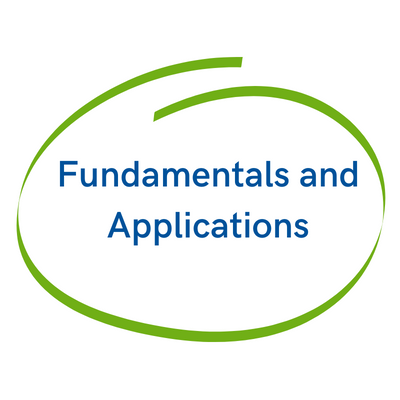
1. Fundamentals are the foundation for understanding applications in engineering. Key components of ASHRAE fundamentals include thermodynamics, psychometrics, fluid flow, and heat and mass transfer. This track provides opportunities for papers and presentations of varying levels across a large topic base. Concepts, design elements and shared experiences for theoretical and applied concepts of HVAC&R design are included.
Track Chair: Atilla Biyikoglu | abiyik@gazi.edu.tr
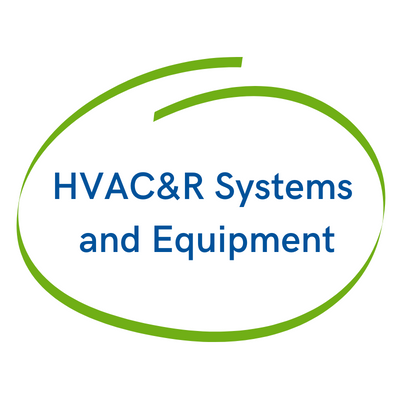
2. HVAC&R Systems and Equipment are constantly evolving to address the changing requirements of the built environment. Papers and programs in this track will focus on the development of new systems and equipment, improvements to existing systems and equipment and the proper application and operation of systems and equipment.
Track Chair: Ng Yong Kong | nyk@nyk.com.my

3. Active research, and the exchange of those research findings, are critical to the development of our HVAC&R industry and built environment. The 9th annual research summit invites researchers to share those results, including ASHRAE-sponsored research and research of interest to the ASHRAE community. Researchers are invited to present papers, extended abstracts, seminars, forums or participate in panel discussions. The Research Summit includes a partnership with ASHRAE's archival journal, Science and Technology for the Built Environment.
Track Chair: Haotian Liu | sjtulht@hotmail.com
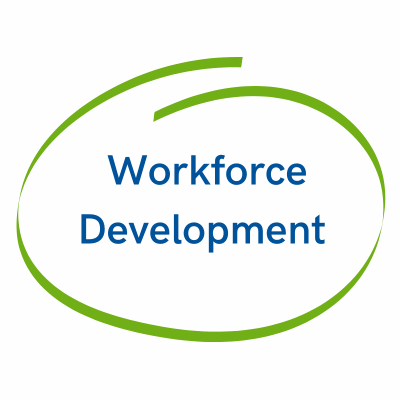
4. As members of a professional organization, we recognize that the single greatest strength of our organization is its membership. This track is designed to allow those professionals an opportunity to develop in the areas of presentation skills, leadership, team-building, understanding various business operations, interpersonal skills, etc. In short, the Workforce Development Track will cover all aspects of business and career development outside of engineering/technical applications and lends itself to interactive session types such as workshops and forums.
Track Chair: Anuj Gupta | anuj@design2occupancy.com
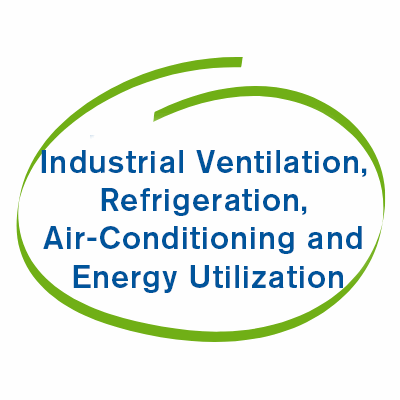
5. The industry sector accounts for roughly one third of the energy use in the US. Increasing efficiency demands are creating the impetus for new technology, targeted at industrial facilities. This track will explore these technologies and regulatory pressures facilitating them. This includes ventilation, refrigeration, and air conditioning for industrial facilities and strategies that can improve energy utilization such as, waste-heat recovery, high-temperature heat pumps, and ventilation techniques/strategies.
Track Chair: Vinod Venugopal | vinodpvgopal@gmail.com
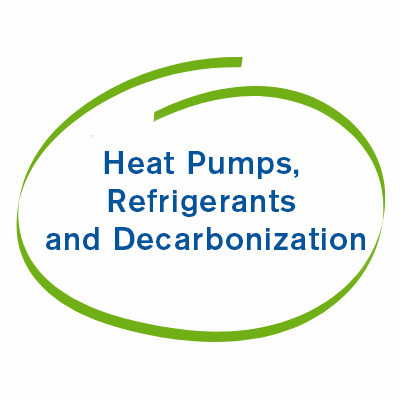
6. Decarbonization is omnipresent and encapsulates many different elements. This track will focus on the development of heat pumps supporting decarbonization efforts. This includes improvements to legacy technologies, the refrigerant transition and component development. Additionally, this track will further explore more novel approaches that includes not in-kind technologies and less popular heat pump solutions such as ground-source heat pumps.
Track Chair: Money Khanna | khannamoney@gmail.com
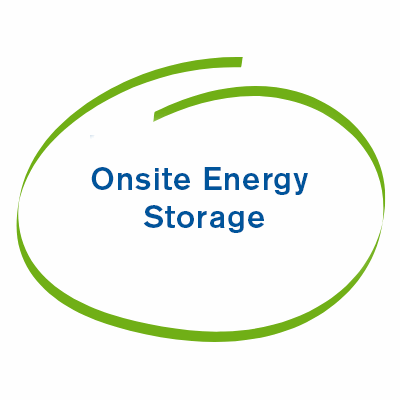
7. Thermal and electrical energy storage can alleviate the mismatch between renewable energy availability and peak building energy demands, enabling the incorporation of more renewable energy into the grid. Integration of onsite storage (either thermal or electrical) with residential and commercial building envelopes or HVAC systems would reduce buildings’ heating and cooling loads, level out peak energy demand, reduce HVAC size, increase energy savings, improve occupants’ thermal comfort and allow flexibility for shedding and shifting building loads. These benefits will improve grid resiliency, thereby enabling more cost-effective electrification of buildings. Papers and programs in this track focus on advances in cost-effective materials and systems, design, optimization and control as well as the integration of onsite storage in building envelopes or HVAC systems and grid resiliency.
Track Chair: Kevin Brown | kevin@kbsquared.net

Types of Presentations Presented
|
These sessions present both technical and conference papers. Conference papers are written on current applications or procedures, as well as papers reporting on research in process. These papers differ from technical papers in that they are shorter in length and undergo a much less stringent peer review. Technical papers cover current applications or procedures, as well as papers resulting from research on fundamental concepts and basic theory. Papers presented in these sessions have successfully completed a rigorous peer review. PowerPoint presentations with audio descriptions of the presentations are posted online in the Virtual Conference. Preprints of the papers are available to all attendees who have purchased a conference registration.
|
 |
|
Forums are “off-the-record” discussions held to promote a free exchange of ideas. Reporting of forums is limited to allow individuals to speak confidentially without concern of criticism. There are no papers attached to these forums.
|
 |
Debates highlight hot-button issues. Experts, either on teams or as individuals, present different sides of an issue in debate format. Each participant presents evidence for or against a specific statement or question such as ‘Is Sustainability Really Sustainable?”.
|
 |
Panel discussions can feature a broad range of subjects and explore different perspectives on issues in the industry. A panel may feature discussions about integrated project delivery among designers, builders and facility management professionals.
|
 |
Seminars feature presentations on subjects of current interest. Papers are not available from the Society; however, seminar PowerPoint presentations with audio descriptions of the presentations are posted online in the Virtual Conference. Access is free for attendees who purchase a conference registration. Seminars are available as a collection via subscription to the Technology Portal online and include video files synched with audio, audio files and PDF files of the presentations.
|
 |
Workshops enable technical committees and other ASHRAE committees to provide a series of short presentations on a topic requiring specific expertise. These short presentations are provided with an increased emphasis on audience participation and training in a specific set of skills. PowerPoint presentations with audio descriptions are posted online in the Virtual Conference.
|
 |



>> Upcoming Deadlines
- Wednesday, April 2, 2025 | Conference Paper Accept/Revise/Reject Notifications
- Wednesday, April 2, 2025 | Extended Abstract Accept/Reject Notifications
- Wednesday, April 9, 2025 | Revised Conference Papers Due
- Friday, April 11, 2025 | Debate, Panel, Seminar, Forum, Workshop Scheduling Notifications
- Wednesday, April 23, 2025 | Conference Paper Final Accept/Reject Notifications